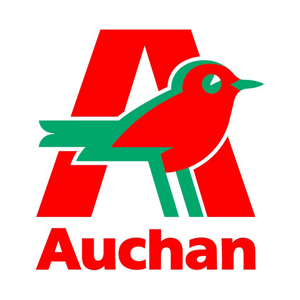
36V 1.6A Elektromos kerékpár töltő SLA akkuhoz - Adapterek, akkumulátortöltők - árak, akciók, vásárlás olcsón - Vatera.hu

KeepPower LCD akku töltő Li-ion 14500/16340/CR123/18650/26650 cellákhoz - Akkumulátorok és töltők óriási választéka - Kapacitas.hu

Vásárlás: Xtar négycsatornás 18650 21700 26650 X4 hálózati és USB Lithium-Ion Li-Ion akkumulátor/cella töltő/adapter Elemtöltő árak összehasonlítása, négycsatornás 18650 21700 26650 X 4 hálózati és USB Lithium Ion Li Ion akkumulátor cella

Mallory daimon accu 1000 multi-charger akkumulátor töltő - Adapterek, akkumulátortöltők - árak, akciók, vásárlás olcsón - Vatera.hu






















